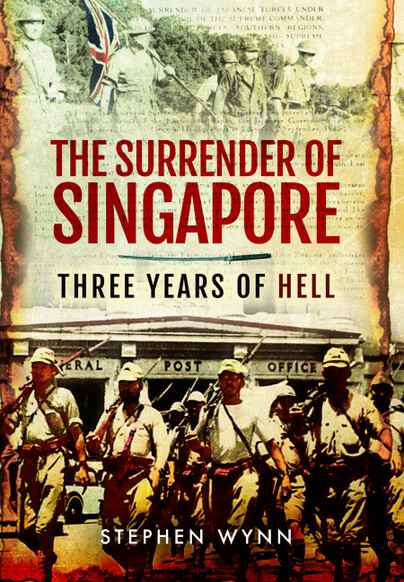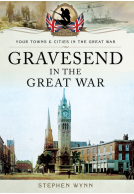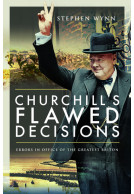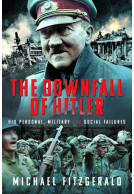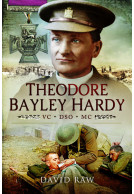The Surrender of Singapore (Paperback)
Three Years of Hell
Imprint: Pen & Sword Military
Pages: 224
Illustrations: 36 mono illustrations
ISBN: 9781399075367
Published: 16th October 2024
National Publicity
As featured on MailOnline - Pictures show the moment Britain surrendered island territory to Japan in 1942, leading to three years of hell for 80,000 prisoners of war
As featured by The Mirror - Amazing pictures show the moment Britain surrendered to Japan in Singapore in WW2, sparking three years of brutal occupation
(click here for international delivery rates)
Order within the next 5 hours, 18 minutes to get your order processed the next working day!
Need a currency converter? Check XE.com for live rates
| Other formats available | Price |
|---|---|
| The Surrender of Singapore ePub (19.8 MB) Add to Basket | £6.99 |
Until the late 1930s, Singapore was noted as a popular stop-off point for wealthy European travellers on their way to countries such as Australia and New Zealand. All of that changed with the outbreak of the Second World War.
Despite Major-General William Dobbie, the General Officer Commanding Malaya between 8 November 1935 and August 1939, warning that Singapore could be conquered by the Japanese, his concerns went unheeded. As far as the British authorities were concerned, Singapore was an impregnable fortress.
There were many reasons which led to the fall of Singapore. The apparent arrogance of some senior British military personnel and politicians; a misconception that Japanese soldiers were inferior to their American and Commonwealth counterparts; a belief that Japan would not militarily engage both America and Britain at the same time; and that as far as the Allies were concerned, victory in Europe was a priority over defeating the Japanese throughout Asia and the Pacific.
Singapore fell to the Japanese in 1942 and was then controlled by them for the next three years, a time in which Chinese civilians and Commonwealth soldiers were murdered at their hands, in such incidents as the Sook Ching massacre and the Burma Railway death march.
Included in this account is one man’s never before told story of his time as a PoW in Changi prison. The book explores how he miraculously survived the horrors of working on the Burma railway, only to be sent back to Changi, and reveals how the Japanese authorities held letters that his wife sent him for three years.
Winston Churchill decided against a public enquiry into the circumstances surrounding the fall of Singapore, and no subsequent British Government has seen fit to change that decision. This remarkable book seeks to remedy that by using an array of sources to tell the fascinating and largely forgotten story of the fall of Singapore.
As featured in
Bulletin of the Military Historical Society
As featured in.
The Mirror 20/2/17
The loss of Singapore on February 15 1942, marked the beginning of the end for the European nations eastern empires and has spawned many books.. A new book 'The Surrender of Singapore' written by Stephen Wynn will find itself in a crowded and competitive market place. The book examines the myths and legends of that fateful week, debunking some and, at the same time, seeking answers as to why Malaya was lost Singapore abandoned?
Richard Gough - Military Author and historian
Singapore, 'Fortress Singapore' had more than 80,000 British and Colonial troops, food, water and ample fuel stocks. The garrison faced a the Japanese invasion force of 30000 troops, camped outside out-side Singapore's backdoor, in Johore. The only barrier to prevent its crossing was a blown causeway, a stretch of water, recently arrived Australians in hastily dug trenches and a company of local Chinese volunteers. Stephen Wynn examines the events that led to the surrender, the work of the British Red Cross and massacre of Chinese civilians in its aftermath.
As featured in.
The Daily Mail 20/2/17
About Stephen Wynn
Stephen is a retired police officer having served with Essex Police as a constable for thirty years between 1983 and 2013. He is married to Tanya and has two sons, Luke and Ross, and a daughter, Aimee. Both Stephen’s grandfathers served in and survived the First World War, one with the Royal Irish Rifles, the other in the Mercantile Marine, whilst his father was a member of the Royal Army Ordnance Corps during the Second World War.
When not writing Stephen can be found walking his dogs with his wife, Tanya, at some unearthly time of the morning when most normal people are still fast asleep.







